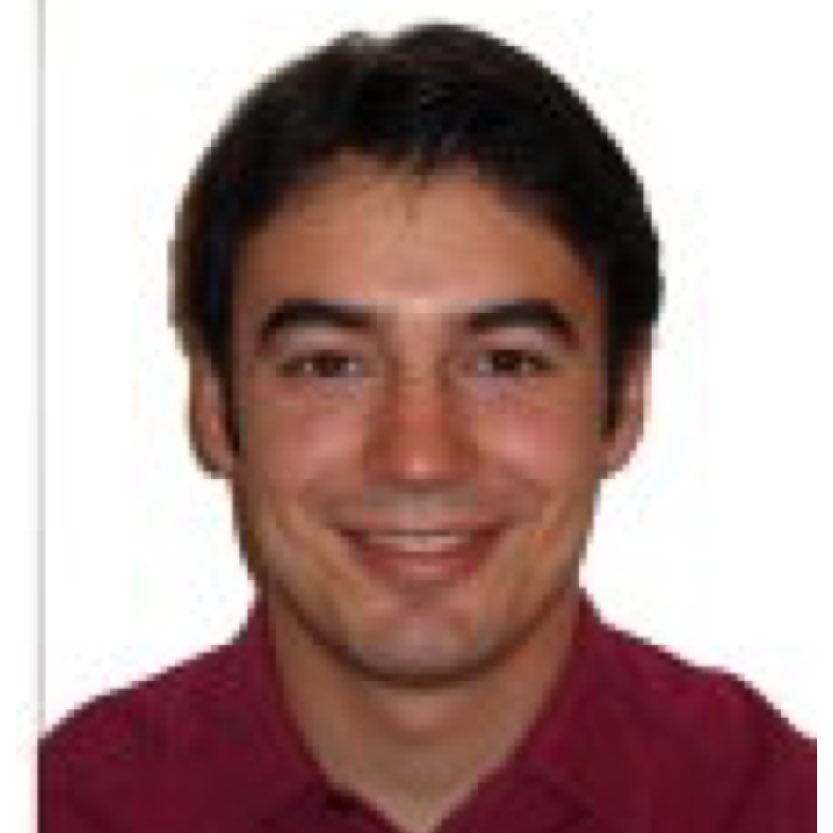Area
Signal Theory and Communications

Signal Theory and Communications
Carlos Figuera received the Telecommunication Engineering degree from the Polytechnic University of Madrid, Madrid, Spain, in 2002, and the Ph.D. degree from the Universidad Rey Juan Carlos, in 2009. He is currently an Assistant Professor in the Department of Signal Theory and Communications, Rey Juan Carlos University, Madrid, Spain. His research interests include signal processing for wireless communications and statistical learning theory with application to biological signal processing.
statistical learning theory with application to biological signal processing and signal processing for wireless communications.
Office D206. Departamental III
Universidad Rey Juan carlos
Camino del Molino s/n.
Fuenlabrada, 28943, Madrid, Spain
carlos.figuera@urjc.es
.-Figuera, C., Suárez-Gutiérrez, V., Hernández-Romero, I., Rodrigo, M., Liberos, A., Atienza, F., ... & Alonso-Atienza, F. (2016). Regularization Techniques for ECG Imaging during Atrial Fibrillation: A Computational Study. Frontiers in physiology, 7.
.-Figuera, C., Irusta, U., Morgado, E., Aramendi, E., Ayala, U., Wik, L., ... & Alonso-Atienza, F. (2016). Machine Learning Techniques for the Detection of Shockable Rhythms in Automated External Defibrillators. PloS one, 11(7), e0159654.
.-Marques, A. G., Figuera, C., Rey-Moreno, C., & Simo-Reigadas, J. (2013). Asymptotically optimal cross-layer schemes for relay networks with short-term and long-term constraints. IEEE Transactions on Wireless Communications, 12(1), 333-345.
Figuera, C., Rojo-Álvarez, J. L., Mora-Jiménez, I., Guerrero-Curieses, A., Wilby, M., & Ramos-López, J. (2011). Time-space sampling and mobile device calibration for wifi indoor location systems. IEEE Transactions on Mobile Computing, 10(7), 913-926.